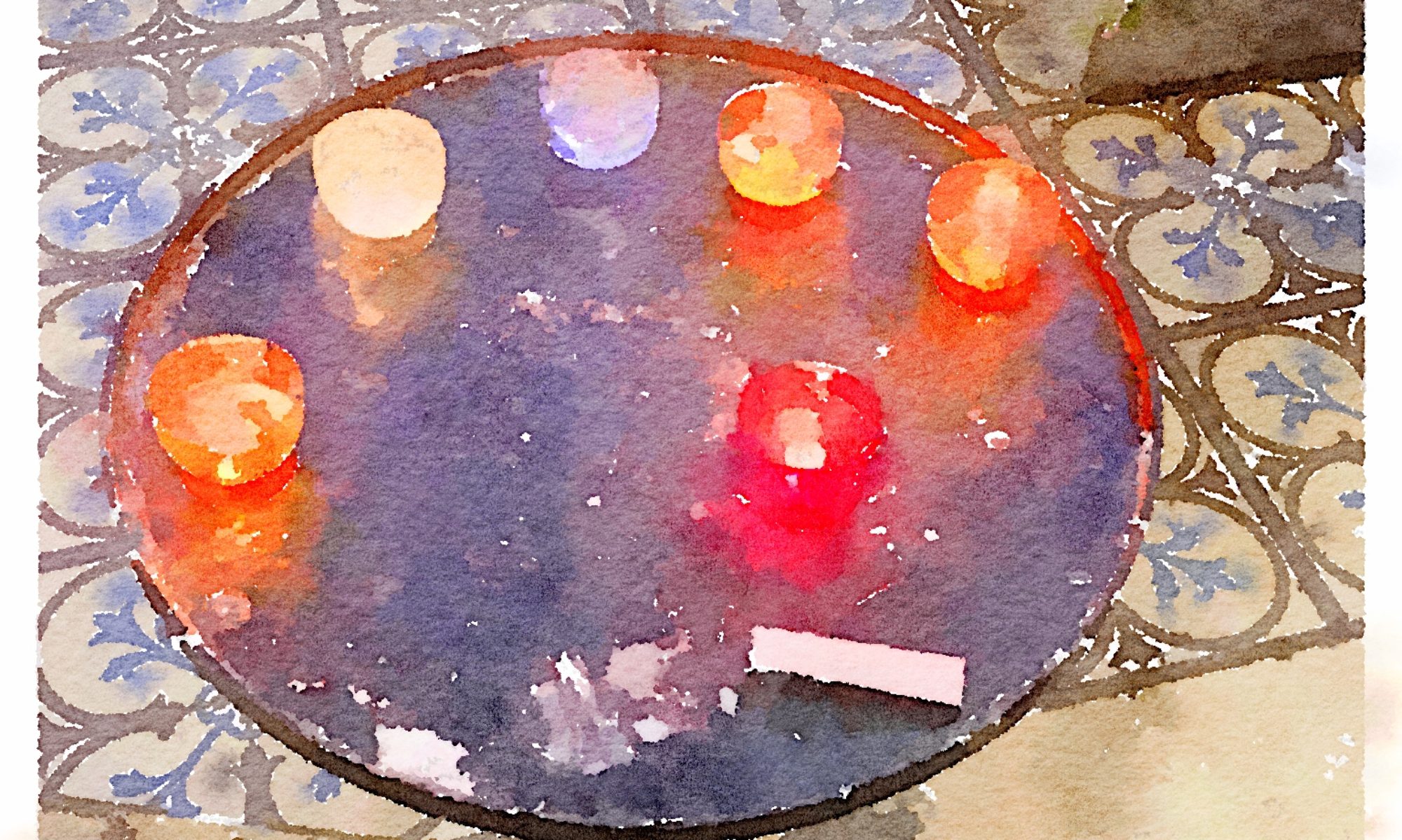A recent discussion on Twitter (aimed at explicating the Episcopal Church’s inherently vague theology of sacramental confession, that is, Reconciliation of a Penitent) brought up a fraught question: what sins are worth confessing?
After all, in the Catholic Church there is only a requirement to confess “mortal” sins (although Catholics are also strongly encouraged to confess venial sins any time they feel the need to). And although the Episcopal Church has no official theology of “venial” and “mortal” sin, the focus among clergy seemed to be on sacramental confession as a marker of moral crisis, or when reconciliation to the church, not just to God, was seen as necessary. For other sins, shouldn’t the promise of God’s forgiveness, and the Eucharist, and the general confession be enough?
Confession is—as we all know—not much practiced in the Episcopal Church, at least outside of Anglo-Catholic piety. And surely one reason for the reticence is this: most of the time our sins are embarrassingly banal and boring. Surely, confession of such sins is a waste of everyone’s time. Surely, we should just be able to “get over” them, give them up, move on.
Upon theological reflection, of course, this argument falls apart. The forgiveness of God isn’t something we grasp for ourselves: it comes to us from outside us. It comes to us mediated by the church community. That’s why, as Dietrich Bonhoeffer reminds us in Life Together, “Self-forgiveness can never lead to the break with sin…Who can give us the assurance that we are not dealing with ourselves but with the living God in the confession and the forgiveness of our sins? God gives us this assurance through one another.”[1]
Besides which, the New Testament doesn’t so much deal with gradations of sin: rather the opposite. (See, for example, Matthew 5:21–48.) So why do we take it upon ourselves to consider our sins to be too trivial to be worth God forgiving them? There’s a memorable phrase from Edna Hong’s book The Downward Ascent that comes to my mind frequently: “We prefer to be reconciled to our sins, rather than to our God.”
The fact is that we spend most of our lives stuffing our sins away and telling ourselves they don’t matter. We have to, to survive in a world of cruelty and inequality! When I walk by the homeless woman sleeping in my alley to go into my nice warm house, is that a sin for which I’m responsible? Of course it is. The inequality between rich and poor means that all of us who have more than we need – all of us living nice middle-class lives – are living in sin. But how do we survive, on a daily basis, if we take all those sins in which our existence is enmeshed seriously? We don’t. So to go through our lives, we reconcile ourselves to our sins, reminding ourselves of the ways that systems are outside our control, that we don’t have bad intentions, that only a small share of the responsibility can be ours, that the bad things we’ve done are really just “venial,” that we don’t want to waste our time or our confessor’s or God’s.
But we don’t need to reconcile ourselves to our sins, because we can always be reconciled to our God. And what relief to be honest with our consciences, even occasionally, to admit that that the situation of our world, our relationships, our lives, even when we can convince ourselves it’s not that bad, is untenable.
The desire for scarcity to make sacraments seem more warranted or valuable is hardly restricted to confession. In many Protestant churches (although thankfully not our tradition!) the same argument is used to restrict reception of the Eucharist to being infrequent. Even in the Anglican tradition, there’s skepticism about the casual use of the sacrament of unction; Lizette Larson-Miller writes: “One of the challenges [in developing a sacramental rite at time of death] has been the overuse of anointing of the sick, to the extent that it has become almost trivialized in many parish communities.”[2]
My experience with unction is this: I’m a chaplain in the LA County jails. At every service in the jails and whenever we walk the rows, we offer oil for anointing for healing if we can. Most Sundays I anoint 30–50 men. We anoint profligately, because physical touch and sweet-smelling oil consecrating bodies that have been denied their liberty and dignity are some of the most powerful tools we can offer to connect to them.
Does this profligate use of unction diminish its power in extreme cases of death? No, rather it ties us all together in solidarity due to our common suffering (suffering in which God shares on the cross, as Jürgen Moltmann notes in The Crucified God), recognizing that all of us are in extremis, subject to the powers of sin and death.
The same is true for our confessions. When we practice speaking the truth about the world and receiving the grace of God in response, we form our consciences, we prepare ourselves to receive reconciliation when we do find ourselves in moral crisis and divided from the church, and we recognize our solidarity with all humanity in our common sinfulness.
So let’s be profligate in confessing our sins, trusting that no sin is too small to merit the forgiveness of God.
—Hannah Bowman
[1] Fortress Press paperback edition, 2005, p. 113.
[2] In The Study of Liturgy and Worship, ed. Juliette Day and Benjamin Gordon-Taylor, p. 184.
